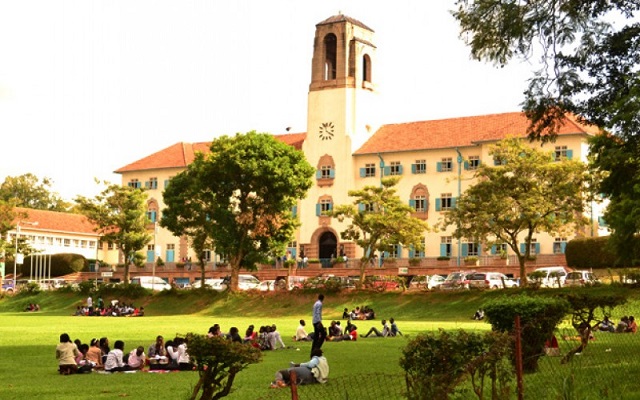
Kampala, Uganda | THE INDEPENDENT | Universities will “deeply lower” cut-off points for applicants who will be considered for government sponsorship in the undergraduate programs, according to the Joint Admissions Board-JAB.
The board has through its Makerere University-based secretariate, invited students who sat for their Uganda Advanced Certificate of Education (UACE) in 2018, 2019, and 2020 to apply for government sponsorship for the academic year 2022/2023.
According to Mercy Mugoona, the Assistant Commissioner for Student Admissions at the Ministry of Education, the request for residual admissions was made to guarantee that there is no vacuum at the university level and also to utilize the already available financial resources.
“Government sponsorship has in the past been given out to learners that could have sat their UACE in the previous year. However, due to COVID-19 effects, there were no senior six leavers last year (2021). This was going to create a vacuum in university admission yet the government has already allocated resources for this purpose,” Mugoona told our reporter in an interview.
Mugoona adds that from their meeting, they decided that this year’s slots should be given to learners who had failed to enroll and those who had enrolled on private arrangements but might need sponsorship.
“This is going to be handled as any other normal process, we will even have students who will be awarded sponsorship on district quota, Persons with disabilities, and sports quota. Students already admitted and registered on government-sponsored programs from all Public Universities and Tertiary Institutions cannot apply for this program. The board will consider applications from students who sat their UACE in 2018, 2019, and 2020,” she notes.
Government usually sponsors 4,000 students who are distributed among the 11 public universities across the country. However, an advert by JAB limits the application to eight institutions namely Makerere University, Mbarara university of science and technology, Kyambogo, Gulu, Kabale, Busitema, and Lira universities.
Mugoona adds that unlike in previous years, continuing students are also encouraged to apply on conditions that they are ready to change course or start university education afresh once their applications are successful.
“This should be made clear, after awarding you a sponsorship, you will be required to start from semester one. The board might give you a totally different program from the one you are currently pursuing,” she adds.
The assistant commission noted that since this is a residue admission, the cut-off puts are going to be lower than the previous years. Last year, the cut-off points for different programs were raised to their highest.
“We could not come up with new cut-off points since they are always determined by performance in the immediate previous national examination but we want them to be deeply lower since we are dealing with students who missed out in the last three academic years. The cut-off points will soon be issued,” says Mugoona.
Available information indicates that the board has already started receiving applications with the closing date set for August 5, 2022. Applicants are requested to pay a non-refundable application fee of Shillings 52,000.
In a circular, Alfred Masikye Namoah, the Makerere University Academic Registrar, noted that, unlike in previous years when students would submit their applications through their respective schools, this time around applicants will submit their applications online or hand in hard copies.
Namoah further indicated that students who have access to the internet will use Makerere’s Academic Management Information System-ACIMIS while those who will fill hard copiers will be physically submitting them at the senate building level three.
Our reporter has learned that applicants are not required to submit a Local Council One (LC1) recommendation letter as it has been in the past. The said letter has been critical while filing in data, which could be used for district quotas.
Although there is no clear reason given for the omission of this document, Mugoona says that there will be a verification process. “After short listing candidates, the district quota list will be given to the local government to verify the citizenship of the applicant and confirm that they hail from that specific district.”
*****
URN
The post Universities to lower cut off points as gov’t calls for residual admissions appeared first on The Independent Uganda:.
from The Independent Uganda: https://ift.tt/9EVXFt4
0 Comments